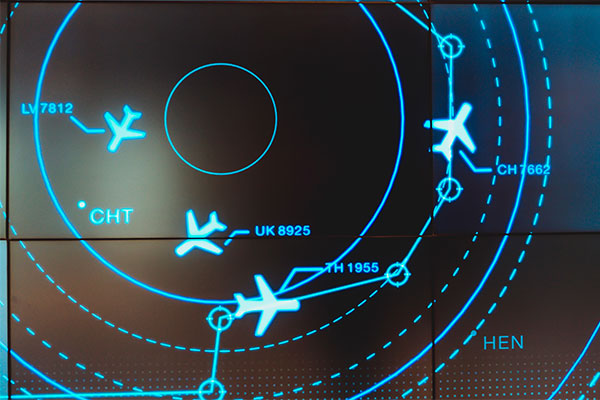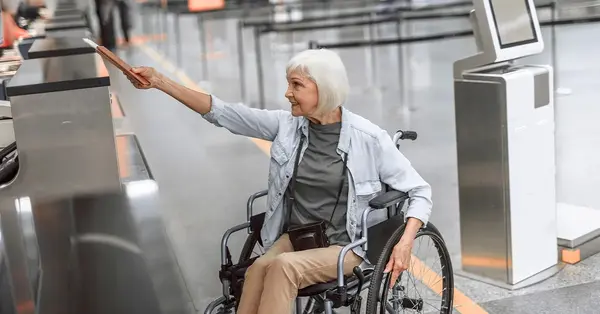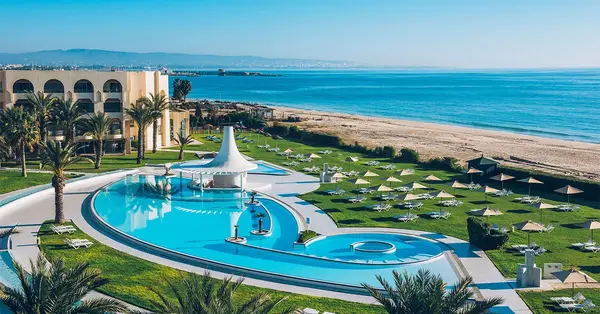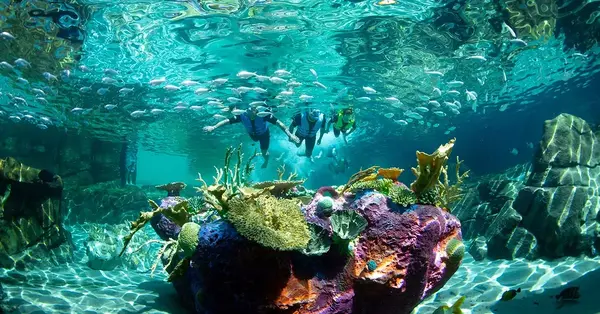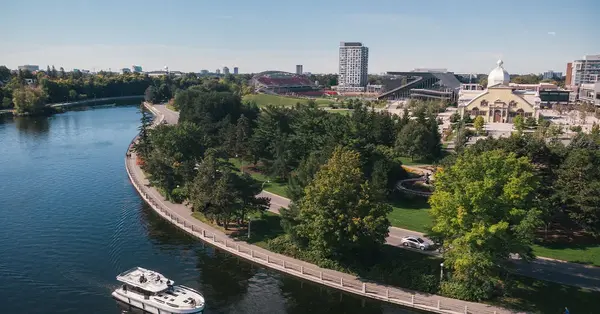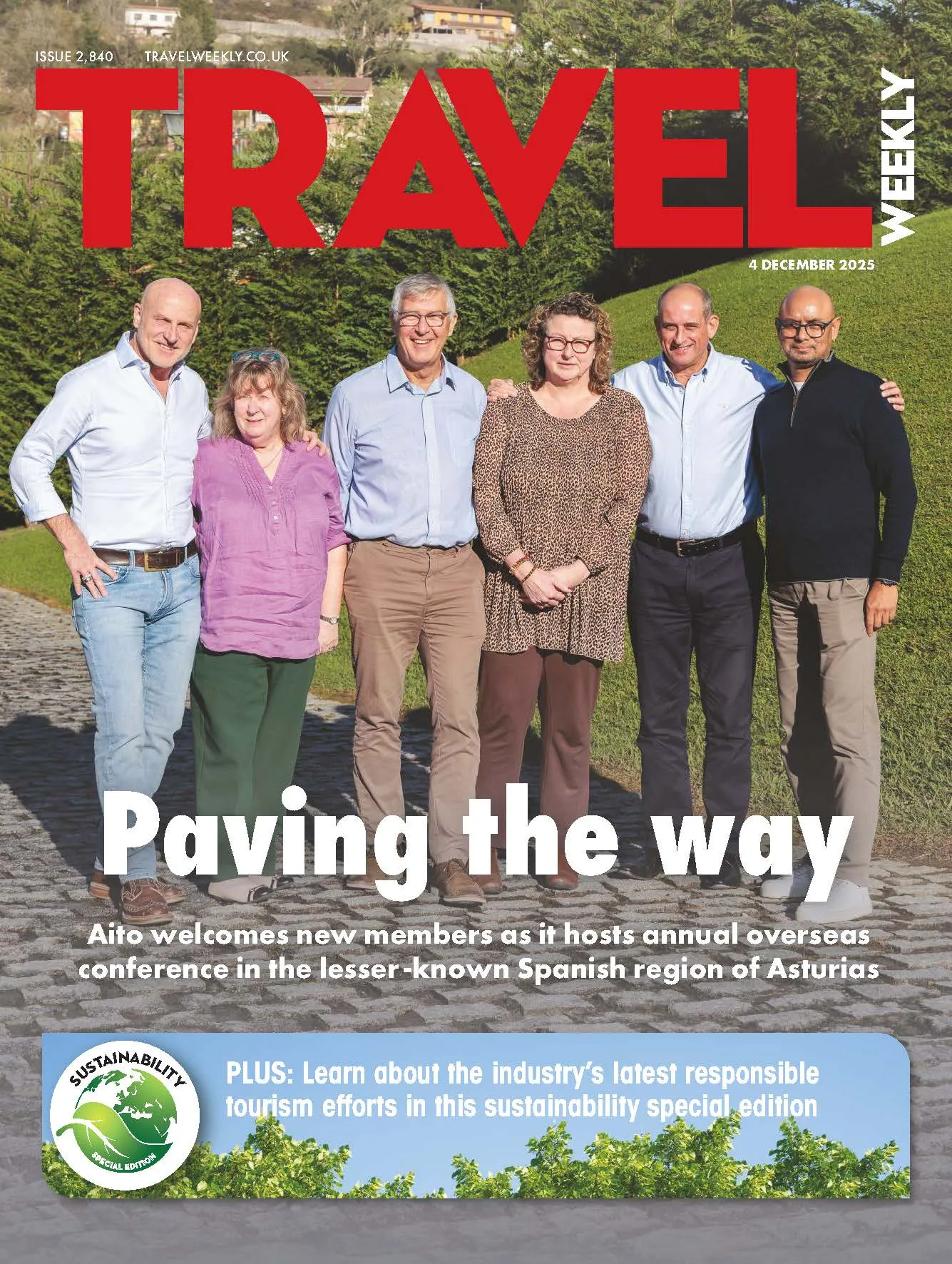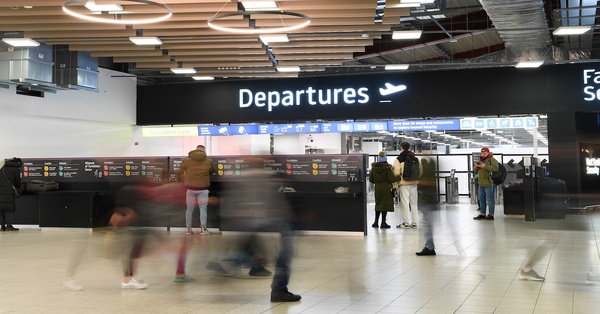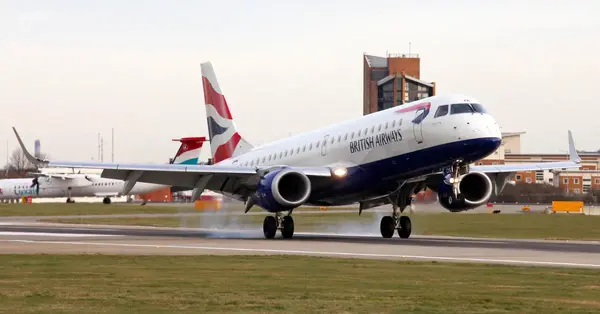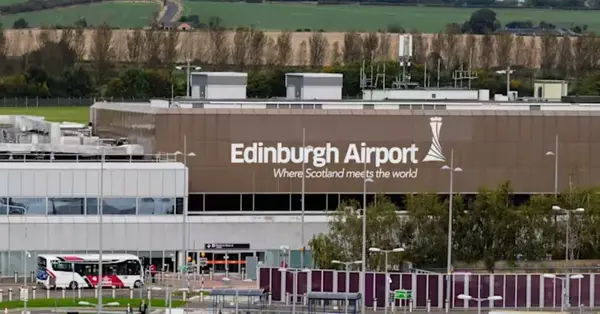You are viewing 1 of your 2 free articles
UK poised to trial contrail avoidance in airspace ‘living lab’
The UK could become the first country to set up an airspace ‘living lab’ to test how adjusting the flightpaths of aircraft could avoid the formation of condensation trails (contrails).
The effect of contrails, formed by aircraft emissions in certain atmospheric conditions, are calculated to double the climate impact of flying by trapping heat.
Speaking at a Westminster Energy, Environment and Transport Forum on UK aviation decarbonisation earlier this month, Professor Rob Miller, director of the University of Cambridge Whittle Lab, noted: “About half the climate impact [of aviation] is caused by contrails.”
One in 20 flights produce contrails which turn into clouds and trap heat, he said, arguing: “It’s a very powerful effect and, if we could switch it off, we should do it immediately.”
Miller noted: “There are a lot of uncertainties – scientific, operational and technological.” But he insisted: “We should not delay.”
He told the forum: “We propose to set up a living lab in [UK] airspace, about the size of Scotland, and run a contrail-avoidance scheme.”
This would involve rerouting aircraft away from contrail-forming areas. It would mean the affected flights burning extra fuel but the amount “would be very small”, said Miller.
The research would “probably need four airspace labs around the world” and the means to monitor the impact of rerouting aircraft. But Miller argued: “If we set up airspace living labs and experiment in the next five years, we could reduce the climate impact of aviation by up to 40%.” He insisted the only risk “is of delaying action”.
Miller said closing an area of airspace, an initiative christened ‘Blue Skies’, is already being discussed by the joint industry and government Jet Zero Taskforce, with a taskforce expert group due to meet this month.
He suggested a quick go-ahead would “show leadership” and present “a major opportunity for the UK” in what would be “a low-cost, high impact” project.
Miller also argued airlines could reduce emissions by accelerate their fleet replacement and flying more slowly.
He said flying slower, perhaps adding 15 minutes to the duration of a transatlantic flight, could reduce fuel burn and CO2 emissions significantly, adding: “If we halved the lifetime of aircraft from 30 to 15 years, we could reduce the sector’s fuel burn by 11%-14%.”

